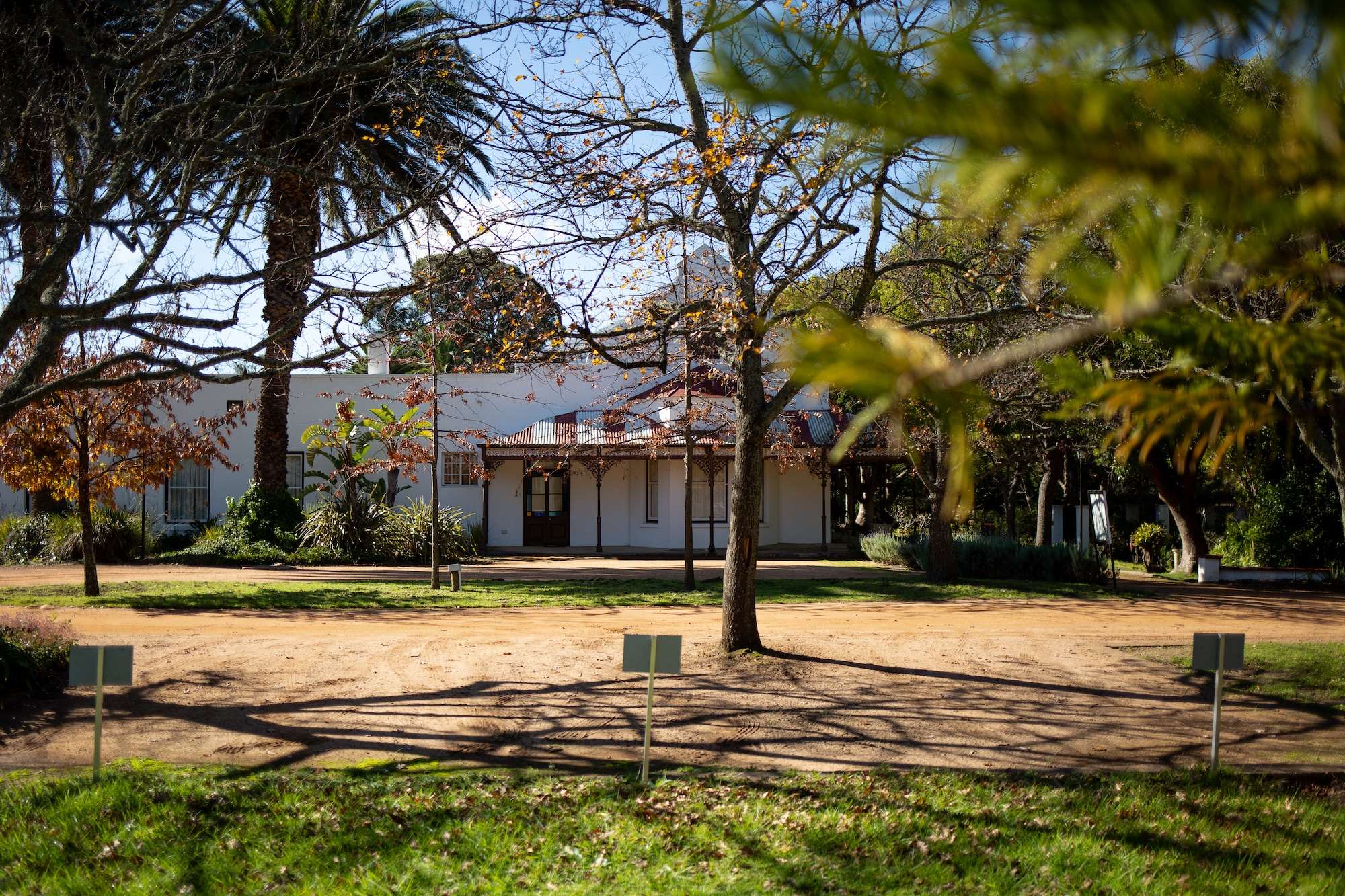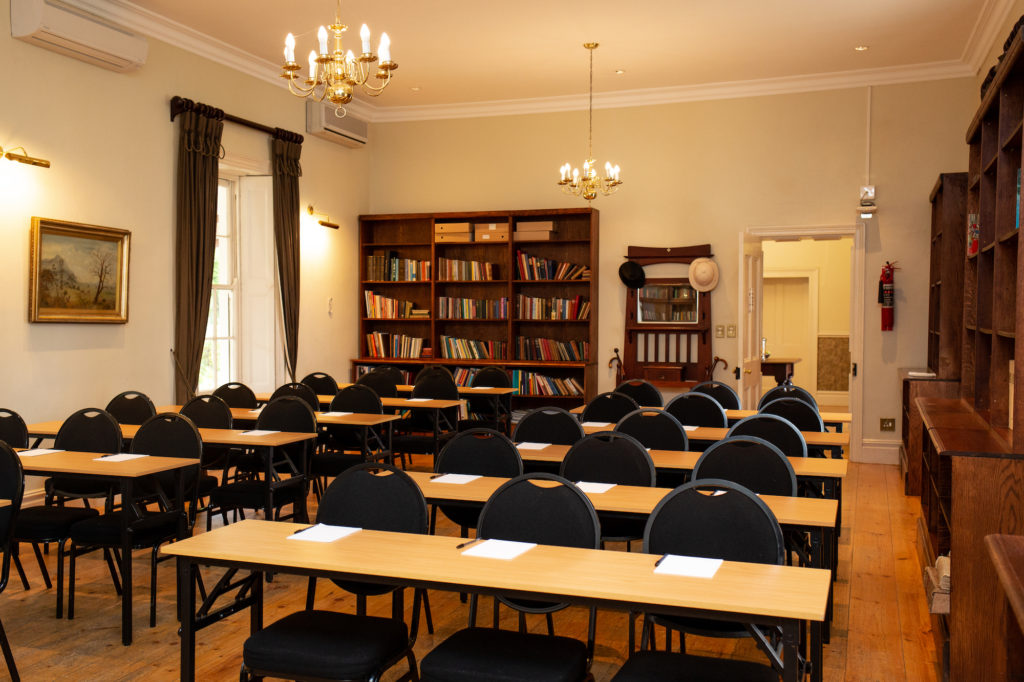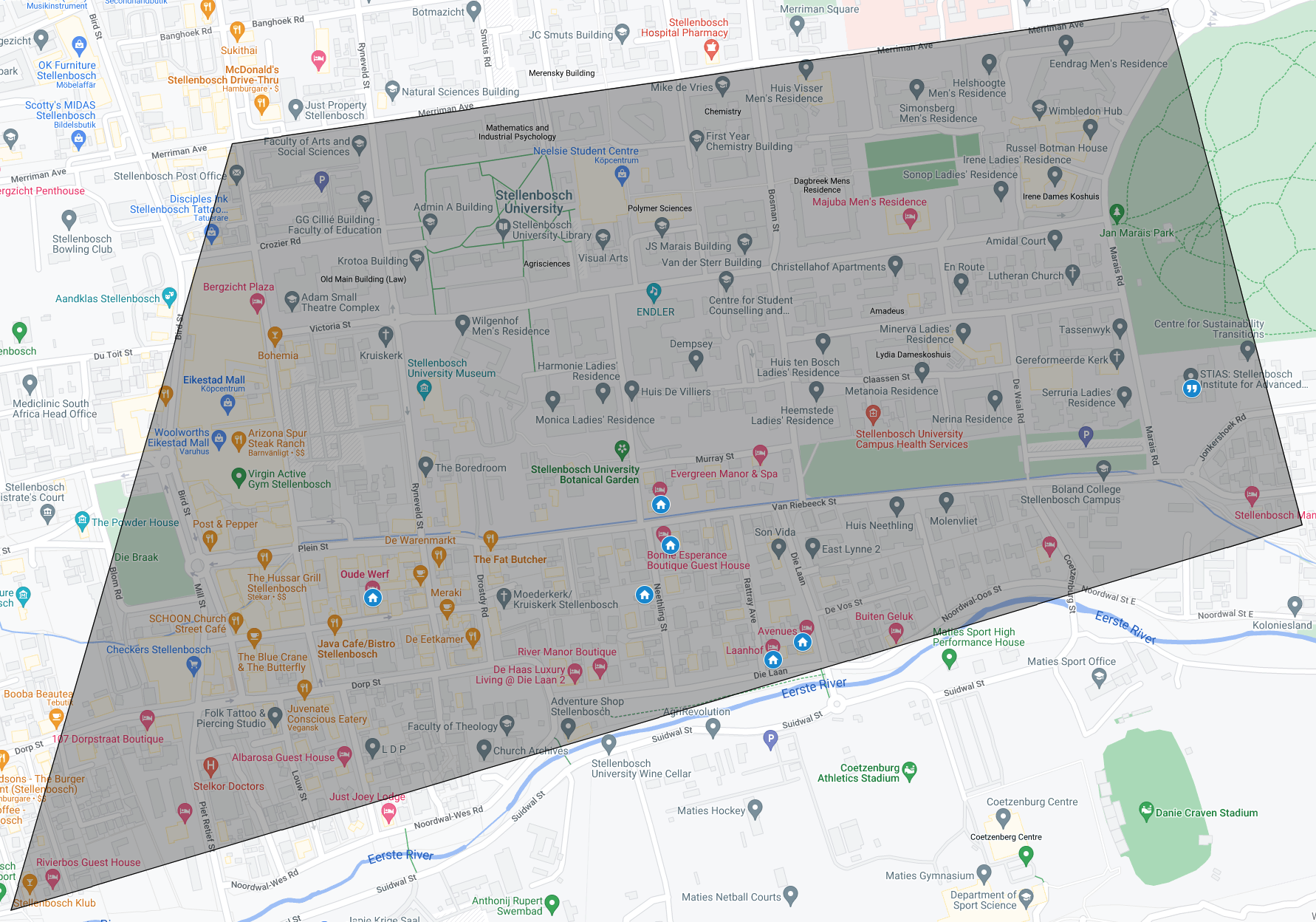The 15th International Conference on Finite-State Methods and Natural Language Processing
The international conference series "Finite-State Methods and Natural Language Processing" (FSMNLP) is the premier forum of the ACL Special Interest Group on Finite-State Methods (SIGFSM). SIGFSM serves researchers and practitioners in natural language processing (NLP) working on:
- natural language processing (implementation, applications, language resources),
- theoretical aspects, or
- combinations thereof,
that have obvious relevance or an explicit relation to finite-state methods.
Important Dates
FSMNLP 2023 will be held August 28-30 in Stellenbosch, South Africa.
- May 15, 2023: Abstract submission deadline
May 22, 2023: Paper submission deadline(cancelled)July 4, 2023: Notification of acceptance(cancelled)July 18, 2023: Camera-ready version due(cancelled)August 28-30, 2023: Event on-site in Stellenbosch(cancelled)
The deadlines are all at midnight Anywhere on Earth time.
Submissions are made in two stages, a submission of a preliminary abstract later followed by a submission of the paper itself. The abstract must be submitted for the paper to be considered. See the call for papers below.
(Non-)Adjacency to IJCAI 2023
Note that the International Joint Conferences on Artificial Intelligence 2023 has, unfortunately moved to Macau this year, where previously indicated that simultaneously attending both IJCAI and FSMNLP would be convenient this is no longer the case.
Registration
Registration will carry a (reasonable) fee this year.
Invited talks/tutorials
- "Why bother with rule-based NLP for the South African Bantu languages?" by Laurette Pretorius, UNISA (now an extraordinary professor at Stellenbosch University).
More invited talks are being sought and will be announced closer to the conference.


